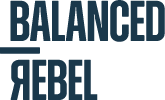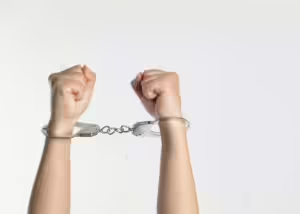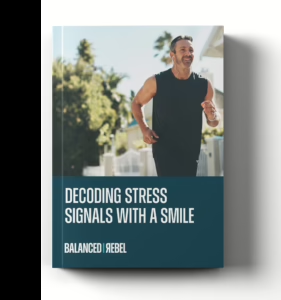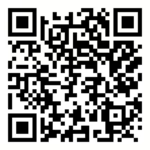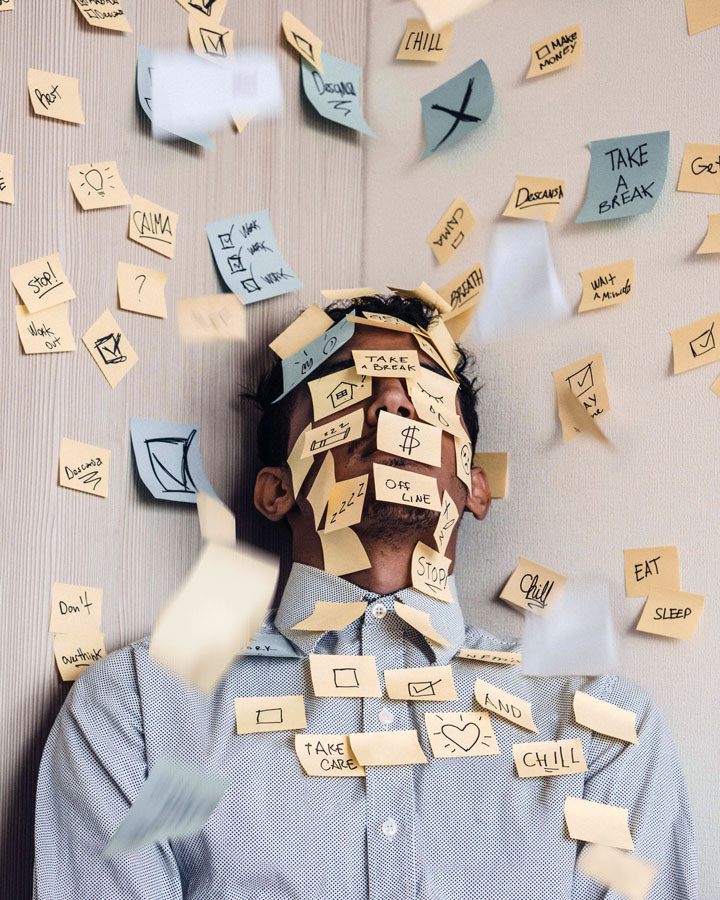
How do you recognize and prevent fatigue while living in such a fast-paced environment?
Even with the best intentions, living a healthy life without energy is quite challenging.
The accumulation of fatigue in your body can affect your performance, your behaviour, compromise your food choices and limit your willingness to exercise, etc…
Like darkness is the absence of light, fatigue is nothing more than the absence of energy and motivation.
You need energy to live and the fact is that you can’t create your own energy.
Fatigue describes a state of tiredness or exhaustion.
How many times have you said to yourself:
“I’m so tired”.
“I can’t wait for the day to end”.
“The week just started and I’m already exhausted”
These are probably signs that your body is starting to run on empty. You cannot perform at world-class levels if you are staring blankly at a computer screen, trying to comprehend words that you could normally breeze through in a few seconds if you had the time to build consistent reenergizing habits.
Fatigue can affect your performance in a variety of ways. When you are fatigued, you tend to take longer to solve a problem, you will probably make more mistakes, and you will be unable to focus, etc…
Sleep is the rockstar of recovery but if the amount and quality of sleep is compromised you will need to put in place recovery strategies to help you regain your energy.
But for you to choose or adopt what best recovery strategies can work for you, first you need to understand what type of fatigue you are experiencing. In this article we will speak about some of the most common types of fatigues:
- Physical fatigue
- Is the easiest type of fatigue to spot and the easiest to recover, it results from muscle fatigue caused by intense physical activity, and you may find it difficult to move your body, such as climbing stairs after doing 400 squats!
- Decision fatigue
- Is a type of mental fatigue that is linked to the deterioration of the quality of your decisions after a long day of decision-making. Some of the symptoms related to decision fatigue are procrastination and impulsive or short-sighted behaviour.
- Mental Fatigue
- Is a state of tiredness that sets when your brains energy levels are depleted. Mental fatigue is often the consequence of chronic stress. Mental fatigue symptoms are extreme tiredness, irritability, difficulty in focus and demotivation.
- Emotional Fatigue
- Is a state of feeling emotionally drained because of accumulated stress from your personal lives or work environment. Emotional fatigue is one of the signs of burning out. Lack of energy, poor sleep, sense of being stuck or trapped in a situation.
If you want to unleash your energy to level-up your performance, you need to look into the signs that your body is giving you:
- Sleep is the rockstar of recovery. Stress disables our ability to naturally fall asleep because you need to be in an alert state. A lot of things happen during sleep and lowering your cortisol levels is one of them. Cortisol is the stress hormone that builds up in your body just before you wake up and normally decreases (if you don’t experience stress) during the day….so if you don’t lower your cortisol levels during sleep, you will keep building up stress hormones.
- Nutrition. Food is fuel! If you feel deprived from energy you body will look for highly processed, refined sugar types of foods, which are not the best source of good energy. Look at your cravings and the snacks you search for or crave. This can be a sign of increased fatigue.
- Movement. How often do you feel tired after a day at work despite being seated in a chair for 8 hours without moving your body? That type of mental fatigue can be a road block for you to hit the gym or go for a 10 minute walk. The best thing to do if you are mentally tired is actually use your body to calm your mind and stimulate blood circulation and the oxygen in the brain. So, yes, that 10 minute walk can make a big difference if you feel mentally tired.
- Joy. How often do you give space for your emotions to talk to you? Joy is the foundation of happiness and it’s a great and highly underestimated recovery strategy. So, if you feel too tired, pause for a minute and play your favourite song. You will be surprised at how calming it can be.
Eager to learn more, secure your free session now.
